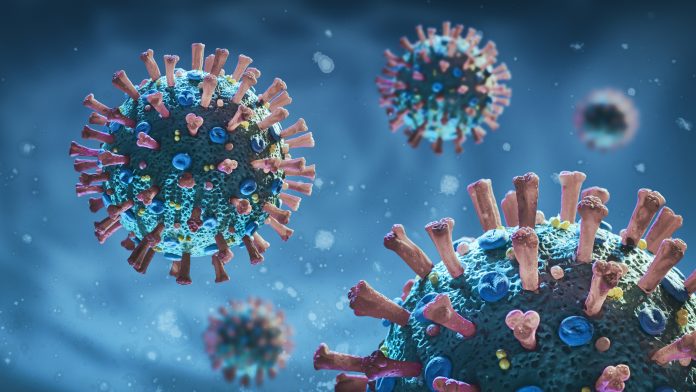Researchers from the Wellcome Sanger Institute, University College London (UCL), and Imperial College London have revealed insights into why some people remain unscathed despite exposure to SARS-CoV-2, the virus responsible for COVID-19
The study, part of the UK’s first COVID-19 human challenge trial, involved 36 healthy adults who had never contracted COVID-19 before.
These volunteers were deliberately exposed to the virus and closely monitored from the moment of exposure. Through cutting-edge single-cell sequencing techniques, scientists meticulously tracked immune responses in the blood and nasal linings of the participants.
Stronger immune responses
They discovered that individuals who did not develop a COVID-19 infection showed immune responses not seen in previous studies.
Unlike those who succumbed to the virus, these individuals showed early activation of specialised mucosal immune cells and a reduction in inflammatory responses.
This subtle yet effective reaction seemed crucial in preventing the virus from gaining a foothold in their bodies.
Key findings also highlighted the role of a specific gene, HLA-DQA2, which was highly active even before exposure to the virus. This preemptive immune activity appeared to contribute significantly to the ability to fend off sustained infection. Participants who did develop COVID-19 displayed a rapid immune response in the blood but a slower response in the nasal passages, allowing the virus to establish itself more easily.
Potential cures for COVID-19?
Dr. Marko Nikolić from UCL, a senior author of the study, emphasised the significance of these findings: “These findings shed new light on the crucial early events that either allow the virus to take hold or rapidly clear it before symptoms develop.”
The study also identified common patterns among activated T cell receptors, crucial for recognising and targeting virus-infected cells. This discovery opens doors to potential therapies not only for COVID-19 but for other infectious diseases as well.
Dr. Sarah Teichmann, a senior author and co-founder of the Human Cell Atlas, highlighted the broader implications: “As we’re building the Human Cell Atlas we can better identify which of our cells are critical for fighting infections and understand why different people respond to coronavirus in varied ways.”
Shobana Balasingam from Wellcome’s Infectious Disease team underscored the importance of such studies in shaping future strategies against COVID-19: “it is crucial studies like this expand to low-resource settings where diseases are endemic, to ensure we are developing context-specific tools and therapeutics that work for those most vulnerable.”











